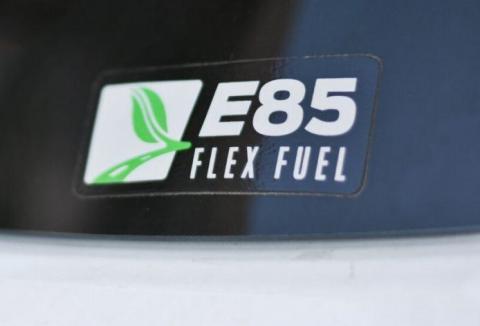The end product ethanol which should be cheaper than petrol, in reality, is actually costlier than petrol.
BHPian pravint recently shared this with other enthusiasts.
Our government is pushing for higher ethanol blended fuel assuming it is greener and economically better for our country, but in reality is it so?
Though on paper it may look like ethanol is greener when it burns, the process of ethanol production is quite polluting.
Production of ethanol in our country mainly relies on sugarcane farming. Sugarcane farming requires a lot of water, land, fertilisers and pesticides. Sugarcane farming itself causes a lot of harm to the environment e.g. Soil pollution, water scarcity, grain scarcity, and increased air pollution because of stubble burning.
when sugarcane reaches sugar factories/ethanol factories again it generates a lot of pollution during industrial ethanol extraction.
The end product ethanol which should be cheaper than petrol, in reality, is actually costlier than petrol.
Most of the sugar factories are owned by politicians and cooperative union lobbies who only want ethanol prices to go up every year.
In the case of blended fuels, we are still paying sky-high taxes to the central and state governments.
Here’s what BHPian Shreyans_Jain had to say on the matter:
Ethanol blending, in plain and simple terms, is the sugar lobby flexing its muscles and waving the big finger to all of us consumers. We can’t expect anything else when the transportation minister is a sugar baron himself. And the fact that the bulk of sugar cultivation happens in UP and Maharashtra, two politically most important states that the ruling party needs to dominate for the next general election.
Here’s what BHPian Hayek had to say on the matter:
Ethanol is certainly not a green fuel. Not even remotely close to one. In Brazil, which has plenty of water, sugar cane for ethanol is grown by clearing the Amazon forests. Certainly not green – in fact something that will lead to increased global warming. Please read this.
In the US, corn-based ethanol is another boondoggle. At best marginally better than petroleum and quite possibly worse even before considering second-order effects such as those on food prices.
And of course in India, which is a water-starved nation, growing sugar cane even to produce sugar is highly questionable. Growing sugar cane to produce ethanol wastes scarce cropland and even scarcer water. Of course, it does nothing to reduce carbon emissions (we would be growing some other potentially less water-intensive crop that would also sequester carbon), reduces fuel efficiency (since ethanol is only 2/3 as energy-dense as petrol), and also damages engines and parts of cars.
But as some others have pointed out, in all these countries, you have lobbies of large agribusinesses or politician-controlled sugar cooperatives that have every incentive in the world to boost the production of sugar cane / corn-based ethanol, and they influence policy more than anyone else.
In India, we have the added problem that some of the wise men in our government have gone back to the 1960s view that import substitution is good for our economy. What they fail to realise is that curbs on imports only lead to an appreciation of our currency, which makes our exports in unsubsidised sectors less competitive. So we end up in a higher cost, weaker exchange rate, and lower trade equilibrium which hurts most Indians but benefits the few.
So yes, ethanol blending is unambiguously bad for the environment – but given the relative strength of lobbies that benefit from it vs. those who lose out, it is only going to increase.
Here’s what BHPian Turbohead had to say on the matter:
They are marketing it as a green and eco-friendly fuel. There are huge hoardings tom tomming this wherever E20 is being sold. The dispensers are also done up in green and white, with leaves design.
Don’t forget that the price of refined petrol (pre-tax) is about half of what the government has decreed for ethanol (pre-tax). It is a complete mockery of intelligence.
Check out BHPian comments for more insights and information.
Source: Read Full Article
